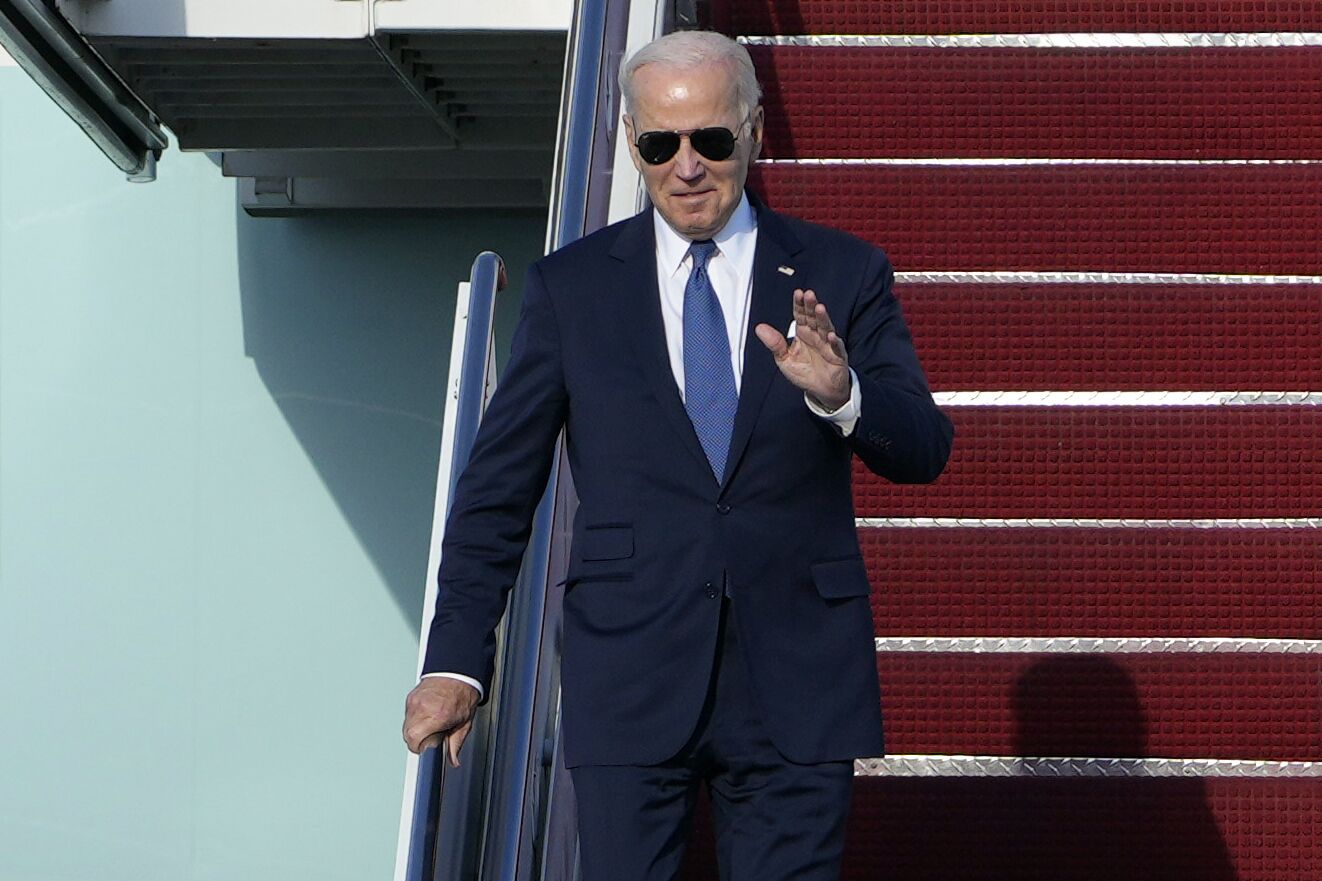Opinion: The NATO summit should focus not simply on successful the warfare, however Ukraine’s reconstruction
[ad_1]

On the NATO summit in Vilnius beginning Tuesday, the transatlantic navy alliance will plan the way forward for Western help for Ukraine, together with a multiyear help package deal and upgraded political ties. Repelling Russia’s invasion might be prime of thoughts. However long run safety selections might be simply as essential — if no more so — to Ukraine’s future, after the preventing stops.
In planning for Ukraine’s postwar reconstruction, safety preparations have been the uncared for factor. At a convention in London final month, Ukraine’s companions promised $60 billion for restoration and reconstruction, including to earlier allocations. However such pledges will evaporate if donors and buyers don’t have faith in Ukraine’s safety going ahead.
Because the finish of World Conflict II, European nations have confronted a binary selection: They both be part of the North Atlantic Treaty Group or they’re on their very own. However the warfare in Ukraine is being fought on a distinct foundation — navy help for Kyiv will not be contingent on NATO membership — and that ought to open the door to a brand new vary of options for postwar safety as effectively. The important thing might be crafting an method that’s sturdy sufficient to discourage, however doesn’t unnecessarily provoke, Russia.
Ukraine’s reconstruction problem has generally been likened to that of war-torn Iraq or Afghanistan. However policymakers ought to as a substitute see it within the context of Europe’s 75-year story of rebuilding and reintegration — Western Europe after WWII; Central and Japanese Europe after the Chilly Conflict; the western Balkans after the violent dissolution of Yugoslavia.
In every of those circumstances, it was safety help that offered the inspiration for reconstruction. NATO was based in 1949, a yr after the European Restoration Program, higher generally known as the Marshall Plan. The 2 efforts went hand in hand: State Division officers even referred to NATO as a navy European Restoration Program.
After the tip of the Chilly Conflict, NATO accession promised safety for reformers and rebuilders in Central and Japanese Europe. And after the Yugoslav wars within the Nineties, NATO deployed greater than 100,000 peacekeepers to Bosnia, Croatia, Kosovo and north Macedonia within the western Balkans. Safety for Ukraine might be simply as important to its restoration.
Any peace in Ukraine will endure provided that Moscow and Kyiv understand it as preferable to renewed warfare. Ukraine could have highly effective optimistic incentives within the type of reconstruction help and European Union membership. Russia, then again, will obtain no comparable advantages. Its adherence to any peace settlement will relaxation principally on the safety preparations the West and Ukraine devise to discourage it from renewed assaults.
Ukraine’s supporters have a spread of selections. They might promise to perpetuate the present preparations of offering Western arms, coaching and recommendation if Russia once more assaults Ukraine. Stronger nonetheless, they might threaten to introduce Western forces into Ukraine. Or they might convey Ukraine into NATO.
NATO membership, backed by the alliance’s nuclear arsenal, would definitely present the strongest measure of deterrence. Ukraine can be prone to have the most important and most battle-hardened power in Europe, an apparent asset to NATO. Nevertheless, member states should attain consensus to ask Ukraine into NATO, and that’s not assured. An absence of unanimity couldn’t solely delay or block Ukraine’s membership, such inner divisions might additionally scale back the alliance’s skill to additional deter Russian aggression.
Though the sturdy deterrence of NATO membership would possibly make renewed preventing much less seemingly, it might additionally elevate Russia’s risk perceptions, doubtlessly main Moscow to take determined measures. And, if that deterrence fails, the resultant battle might spill past Ukraine.
NATO has continued to develop and turn into extra highly effective because the breakup of the Warsaw Pact. Moscow’s affect is far diminished. As James Dobbins, former assistant secretary of State for Europe, identified, “NATO doesn’t want Ukraine as a member to discourage Russia. Nor does Ukraine must turn into a NATO member to get pleasure from materials help for its protection. The evolving European safety order ought to mirror such modifications within the stability of energy.”
Similar to the Ukraine Restoration Convention, NATO’s Vilnius summit will set the tone for donors, potential buyers, and reconstruction planners. Clarifying safety preparations and transferring towards agency postwar safety assurances might be simply as very important a step towards reconstruction success.
Gabrielle Tarini researches European safety on the Rand Corp. Howard J. Shatz is a senior economist at Rand. Charles P. Ries, a senior fellow at Rand and a former ambassador to Greece, was the coordinator for financial transition in Iraq. They’re co-authors, with the late James Dobbin, of the report “Reconstructing Ukraine.”

